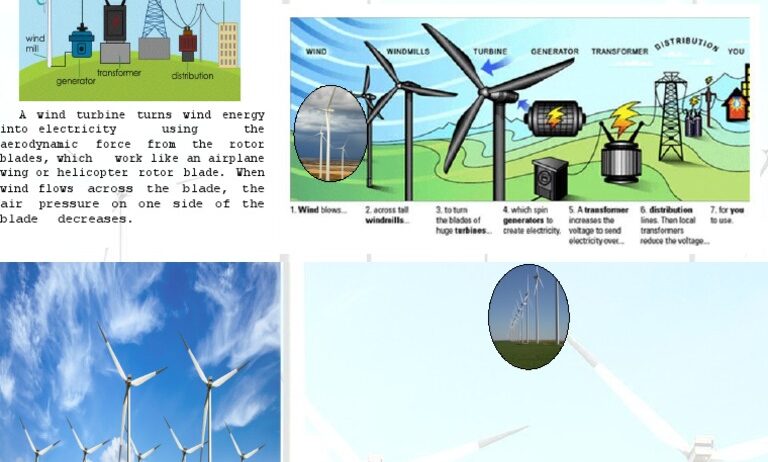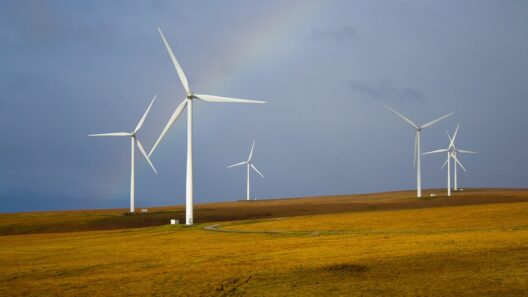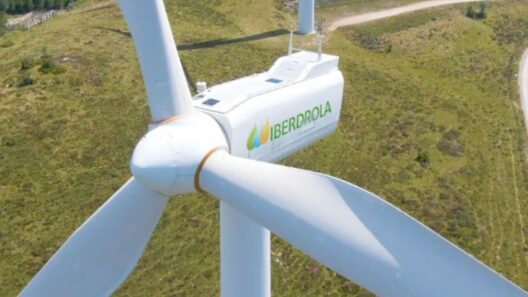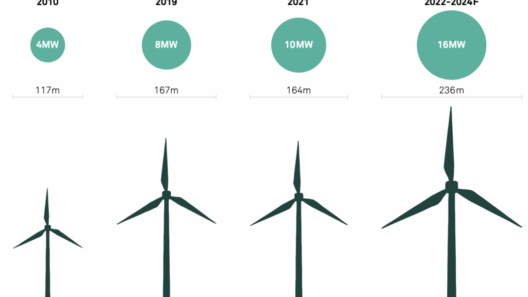Wind energy has garnered significant attention in the realm of renewable resources, standing out as an exceptionally viable alternative to fossil fuels. With the growing concern surrounding climate change, the transition to sustainable energy solutions has become paramount. As a fundamental pillar of green energy, wind power offers a multitude of benefits, making it an attractive option for both large-scale endeavors and individual households. In this article, we will delve into the advantages of wind energy, highlighting its positive impacts.
Transformative Economic Benefits
The economic advantages of wind energy are profound and multifaceted. One of the primary concerns for potential investors and stakeholders is the return on investment. Wind farms, once established, require relatively low operational costs, making them an economically sound venture. The initial investment might appear steep, but the long-term savings on fuel and maintenance can offset this expense significantly.
Furthermore, the wind energy sector has been a catalyst for job creation. From manufacturing and installation to maintenance and operations, the wind industry provides a plethora of employment opportunities. Local economies thrive as wind farms are often constructed in rural areas, bringing jobs and stimulating additional economic activities. This localized economic boost contributes to community development, which is particularly essential in regions facing economic challenges.
Environmental Significance
Wind energy’s environmental benefits underscore its pivotal role in combating climate change. Unlike conventional energy sources, wind power generates electricity without the emission of greenhouse gases. This absence of harmful emissions contributes to cleaner air and water, significantly reducing the environmental footprint associated with energy production.
Moreover, wind energy is a renewable resource, which distinguishes it from finite fossil fuels. As long as the sun shines and the wind blows, the potential for energy generation exists. This sustainability not only helps to mitigate climate change but also promotes conservation of natural resources. The transition to wind energy can dramatically decrease reliance on depleting fossil resources, leading to a more balanced ecological system.
Minimizing Energy Dependence
One of the most significant advantages of wind energy is its potential to reduce dependence on foreign oil and gas. Energy independence is a crucial concern for many nations, and wind power presents a tangible solution. By harnessing wind as a domestic energy source, countries can lessen their vulnerability to fluctuating fossil fuel markets and geopolitical tensions.
This independence also bolsters national security. When nations invest in indigenous renewable sources, they create a self-sustaining energy system less susceptible to external shocks. This strategic energy diversification not only strengthens economies but also promotes global stability.
Conclusion: A Path Towards Sustainable Future
Embracing wind energy equips us with the tools to confront pressing environmental and economic challenges. From its capacity to generate jobs and bolster local economies to its substantial role in minimizing greenhouse gas emissions, the positive impacts of wind power are extensive and far-reaching. By opting for this sustainable energy source, individuals, communities, and nations are taking a critical step towards a cleaner, more resilient future.
In light of these notable advantages, wind energy stands not merely as an alternative but as a pivotal element of our collective endeavor for sustainability. As we forge ahead, the integration of wind power into our energy landscapes represents a progressive stride towards a healthier planet, bolstered economies, and enhanced energy security.







